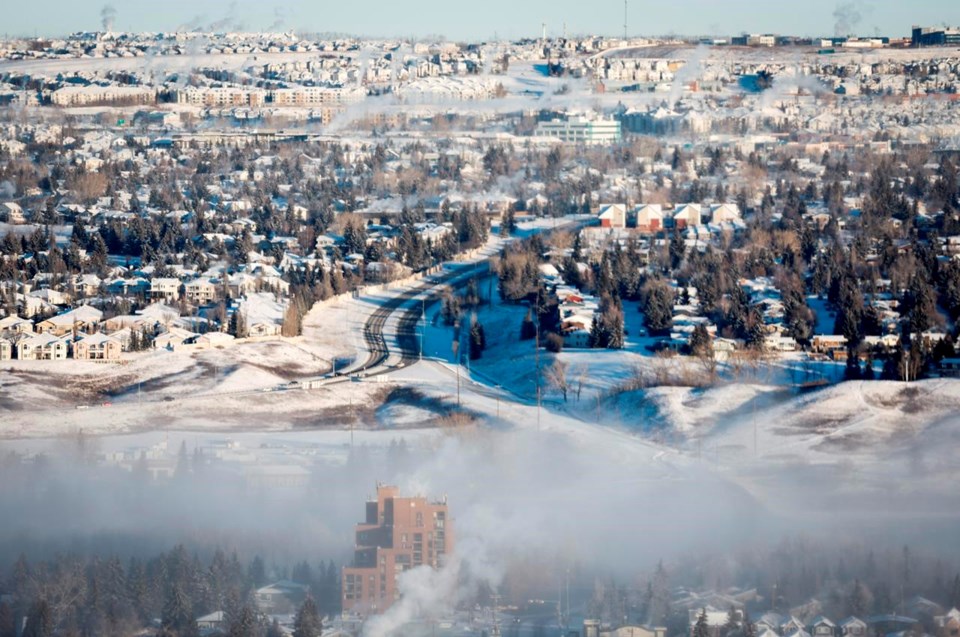Canadian attitudes toward climate change are about as consistent as Canadian weather, a new poll suggests.
Contradictions abound in a Leger online poll of more than 1,500 Canadians conducted earlier this month after a December that set records for warm temperatures.
Almost three-quarters of them thought climate change was the cause of a balmy holiday that was many degrees above normal across almost the entire country. The majority — 81 per cent — enjoyed those snow-free, above-zero days.
But at the same time, two-thirds of respondents said the weirdly warm weather worried them.
Similarly, solid majorities of at least 60 per cent said Canada is experiencing more wildfires, heat waves, late-onset winters and poor air quality. Yet 67 per cent said they hadn't been personally affected by extreme weather events.
People may not be making the connection between general concerns and events in their own lives, said Leger vice-president Christian Bourque.
"There is a growing concern over climate change itself," he said. "But those apparent contradictions are in (that) we're not there yet in terms of climate preparedness, making sure our public infrastructure and local policies are aligned with the fact that these things will happen more often than they did before."
Leger polled 1,530 Canadians between Jan. 12 and 14. Although online polls don't report margins of error, Leger says a sample of that size would yield a margin of error no greater than 2.5 percentage points, 19 times out of 20.
Some of the apparent confusion in the answers may have to do with the way the questions were asked, Bourque said. While millions of Canadians breathed smoke last summer and millions more went through December with no more outerwear than a thick sweater, they may not think those are extreme weather events.
Still, Bourque said there's plenty of continuity between this poll and Leger's previous polls on climate change.
The percentage of Canadians worried about the issue is down about four percentage points since June.
However, the June poll was taken during the height of last summer's wildfire season and the level of concern it registered — 67 per cent — was the highest Leger had ever polled. That slight drop may be deceptive, said Bourque.
"Concern peaked over the summer. Probably there's been a slight shift in public opinion (towards higher concern)."
The June and January polls registered almost exactly the same percentage — 50 per cent — of respondents who felt there's still time to reverse course before the worst effects.
The January poll was remarkably consistent between different demographic groups. Male, female, urban and rural all registered about the same level of concern about climate change — between 60 and 70 per cent.
"They don't vary much," said Bourque. "Women seem to be a bit more sensitive (to the concern).
"Differences are more in shades of grey than black and white."
The outliers there were the Prairie Provinces, which — again — register the lowest climate angst in the country. One in four Albertans aren't worried at all and one in five don't think climate change exists.
"We've seen that before," Bourque said.
It's a tough circle to square for policymakers trying to deal with an increasingly urgent issue, he said.
"Doing what we need to get rid of the problem is potentially asking a lot of Canadians. It's tough to ask people to do a little bit more, but that will always exist."
This report by The Canadian Press was first published Jan. 17, 2024.
Bob Weber, The Canadian Press



